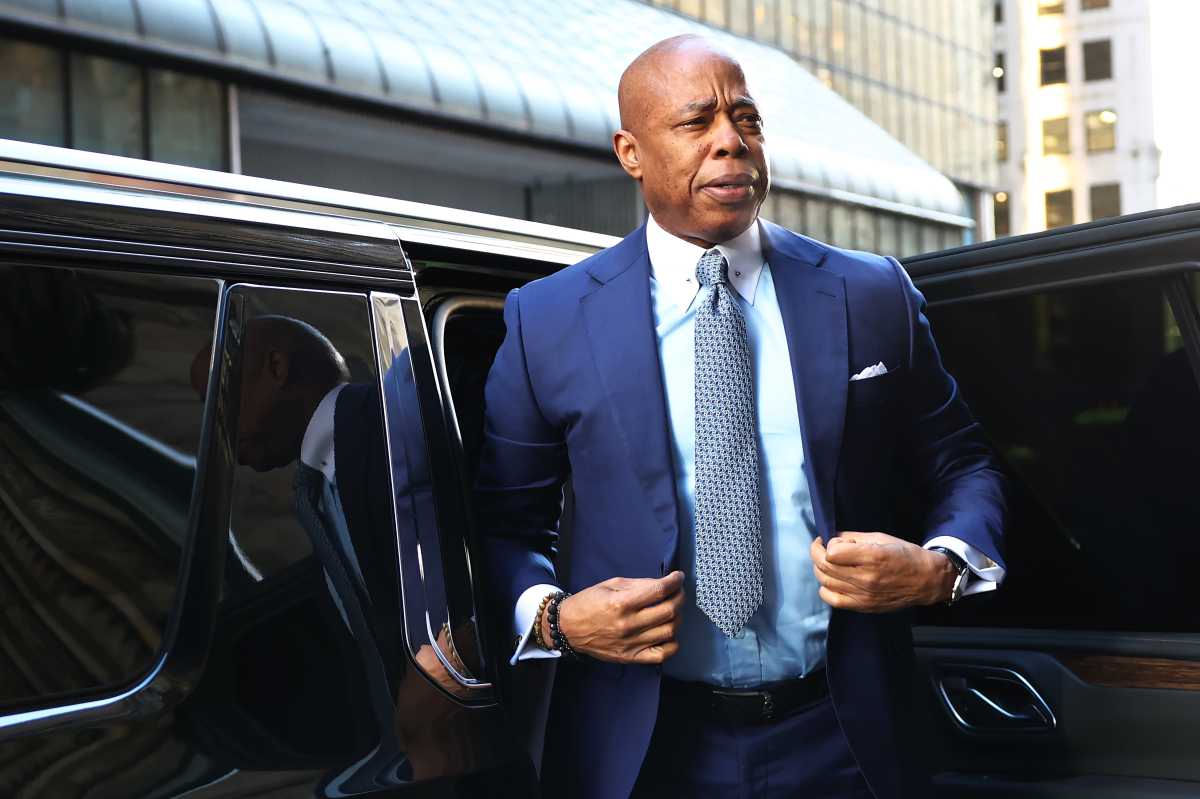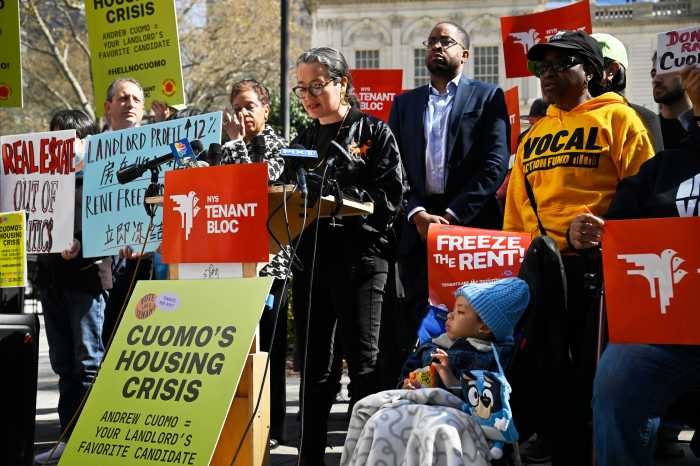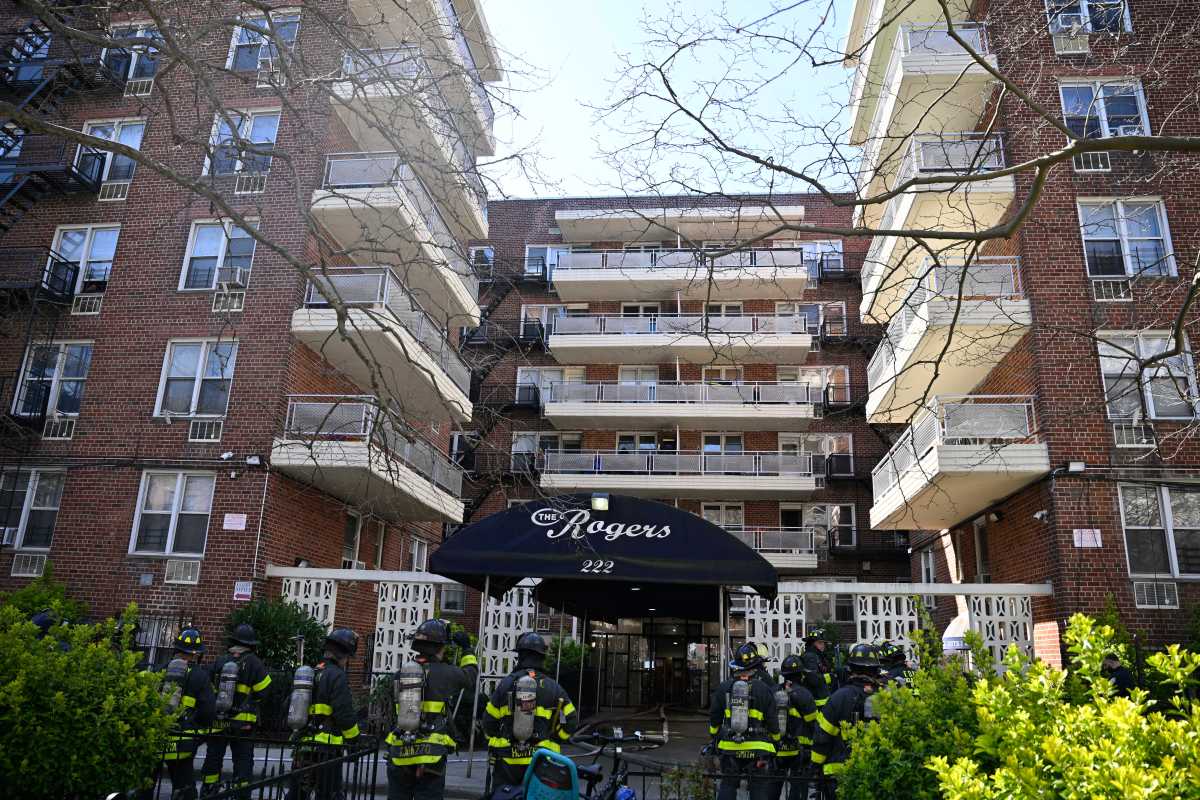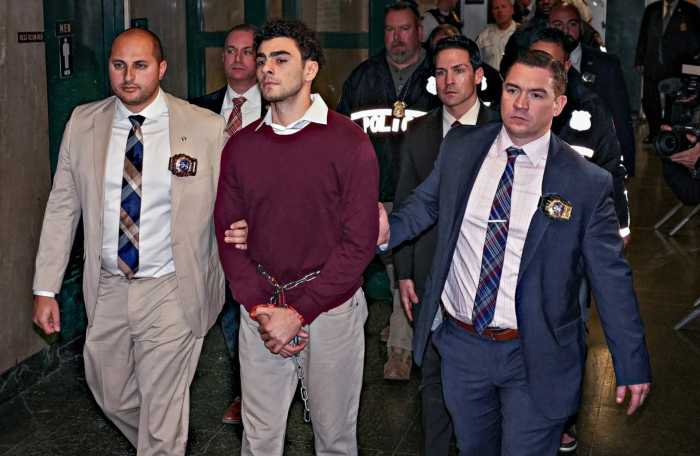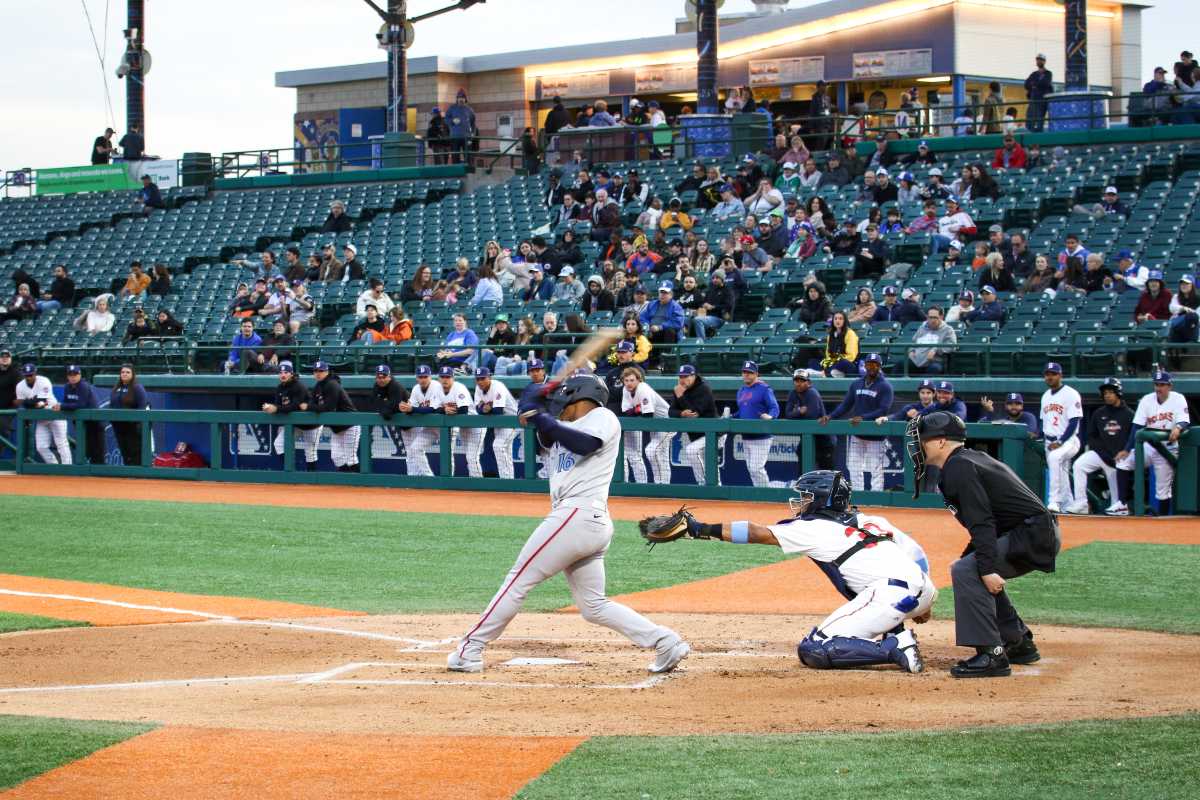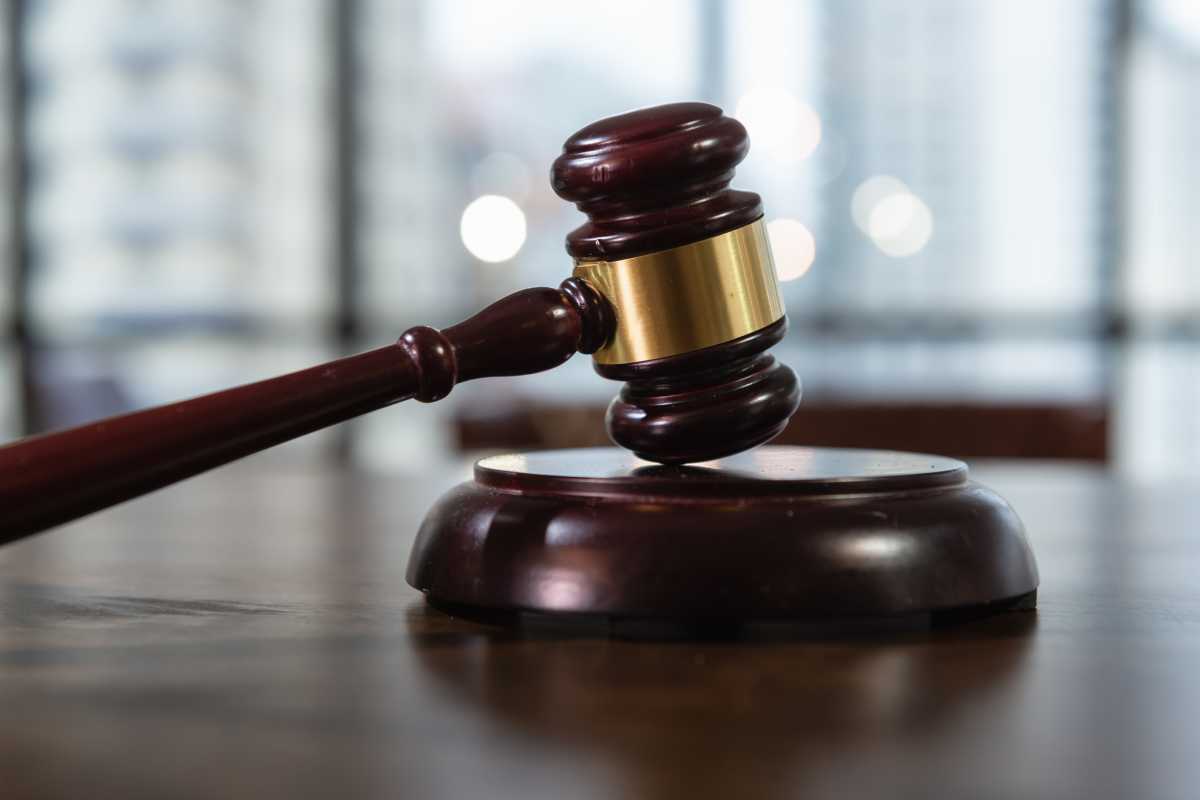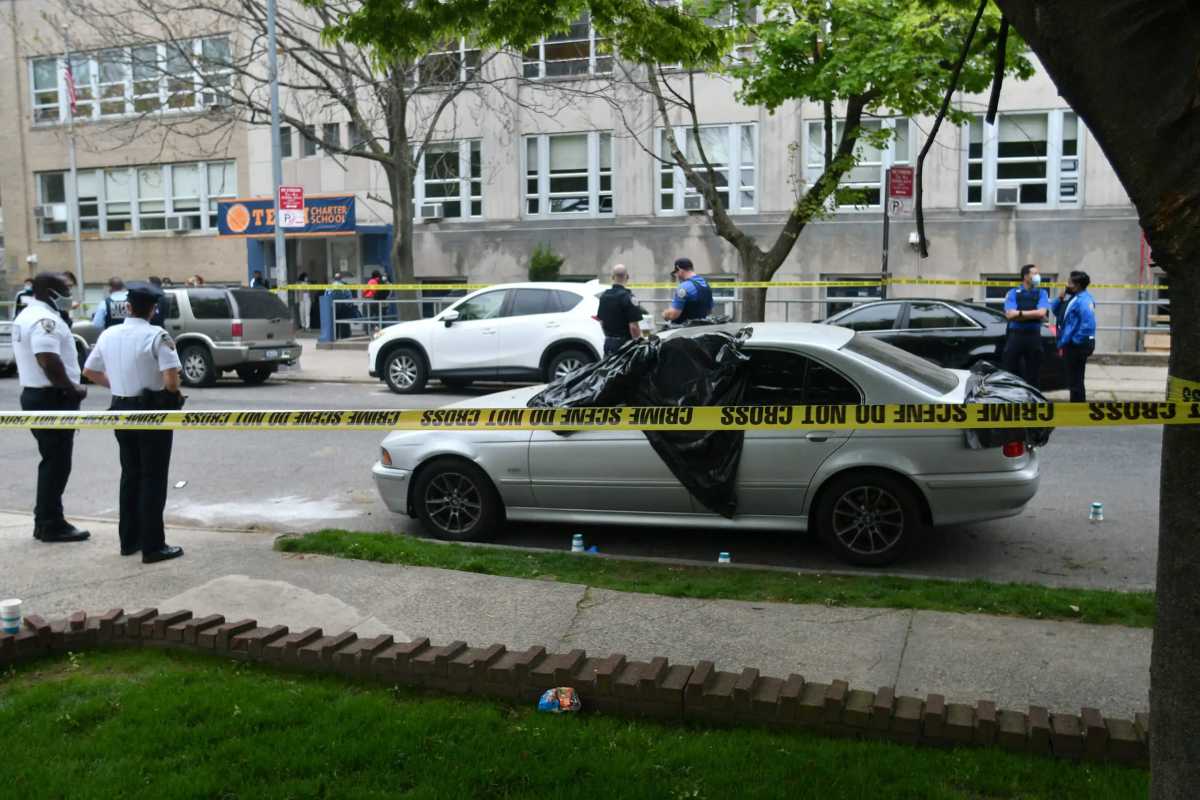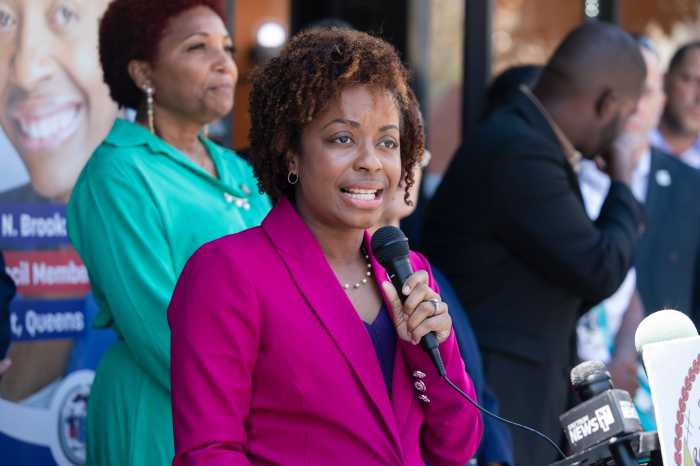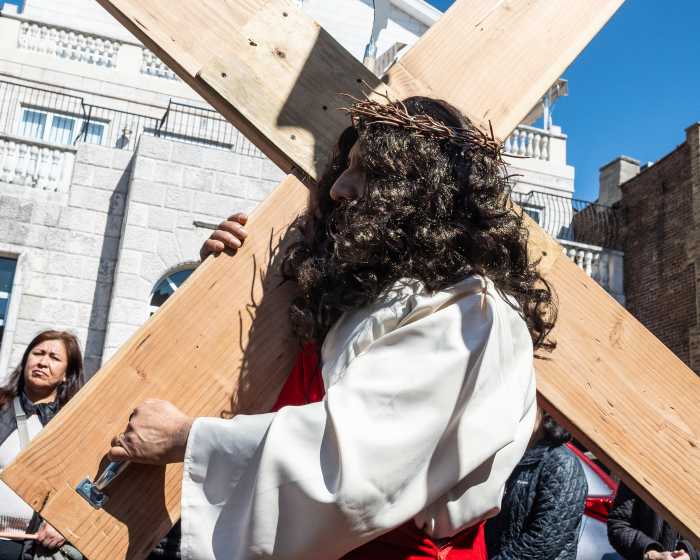
Tenants scored a victory against the New York City Housing Authority when a Manhattan Supreme Court justice ordered NYCHA to start conducting lead inspections in apartments it has previously overlooked in an injunction granted Tuesday.
As per a decision described as the “road not taken” by Justice Carol R. Edmead, NYCHA will have to identify and inspect all the apartments under its purview that were not inspected for lead from 2013 to 2017.
“It is uncommon for a court to issue a preliminary injunction. We are not aware of a prior case dealing with NYCHA’s failures with respect to lead,” tenants’ lawyer Jim Walden, of Walden, Macht & Haran, said last week, adding that the number of uninspected apartments could be more than 10,000.
In a written decision released Monday, Edmead ordered NYCHA to make a list of apartments where a child the age of 8 and under resides, units where the agency was required to do lead inspections and didn’t, where officials closed out a lead complaint within the last three years, and those for which an unresolved lead complaint has remained open. All of the apartments will need to be inspected within 90 days, according to Edmead’s ruling.
A Department of Investigation report released in November 2017 revealed that the housing authority had stopped conducting visual inspections for lead-based paint in its units since 2013. NYCHA lawyers said that the agency resumed inspections in October 2017, having surveyed 8,900 apartments in which children 6 years and younger lived.
“But during the years they weren’t inspecting, those kids were aging out so all of those kids were potentially exposed to the lead,” Walden said after the hearing. “They should have gone to test the apartments they didn’t (from 2013 to 2017). That’s what the judge is forcing them to do in addition to the federally required inspections.”
During the hearing, NYCHA lawyers tried to argue that tenants did not have the authority to petition the courts to enforce NYCHA’s duties, and only the oversight agency, the Department of Housing and Urban Development, did. They also tried to explain why they hadn’t conducted these inspections by citing different priorities and a lack of funds and manpower, adding that they planned to eventually conduct lead inspections in these units.
In response, Edmead called it a “credibility issue,” adding, “Why should we leave this to NYCHA and NYCHA-appointed contractors in the face of what apparently, as per the petitioners’ argument, is the mismanagement of lead inspection procedure for years? Why should this be entrusted to NYCHA?”
To help speed up repairs, Gov. Andrew Cuomo, on April 2, signed an executive order allotting $250 million (on top of an existing $300 million) for repairs in NYCHA units. The funding, however, relies upon the selection of an independent contractor to oversee the repairs, which is to be selected by the City Council, the mayor and the Citywide Council of Presidents, NYCHA’s tenant governing body, within 60 days.
Closing in on the deadline of 60 days outlined by Cuomo’s order, CCOP and the nonprofit At-Risk Community Services decided to go to the courts. CCOP filed a lawsuit on Feb. 27 on tenants’ behalf asking the housing authority to comply with the law.
In light of the scandal, NYCHA chairwoman Shola Olatoye announced her resignation on April 10.
“What we know is NYCHA won’t do it, City Hall won’t do it, the [department of] Housing and Urban Development won’t make them do it,” Walden said at a news conference before the hearing. “So if we cannot rely on these agencies to do their jobs, we only have one more recourse — and that is to file a preliminary injunction here today to ask the court to demand that NYCHA comply with its legal obligations.”
CCOP chairman Daniel Barber said that future discourse will be determined by whether NYCHA decides to appeal the court’s ruling.
Edmead has ordered both parties to be in court on Wednesday, Aug. 8, for a conference.



